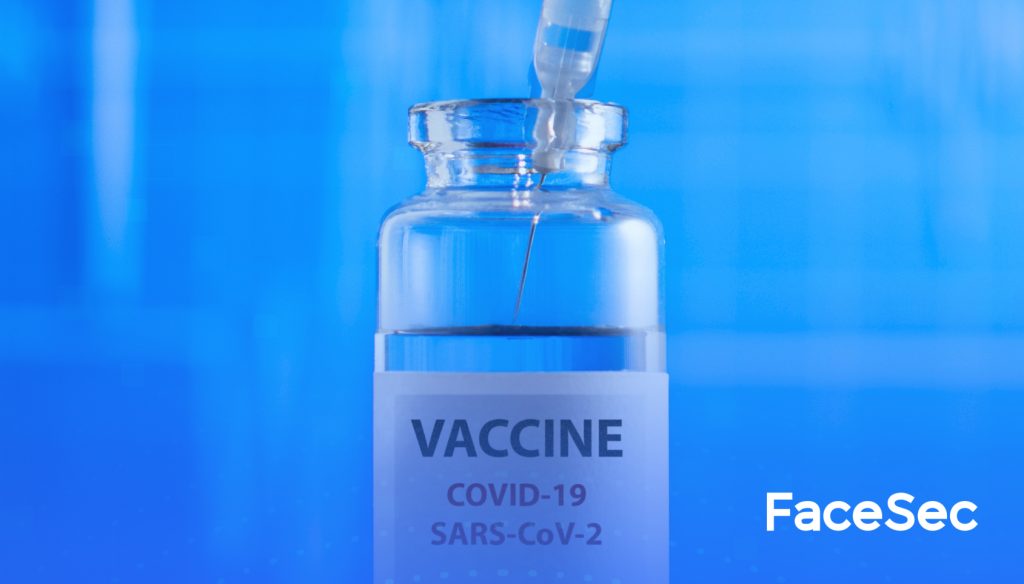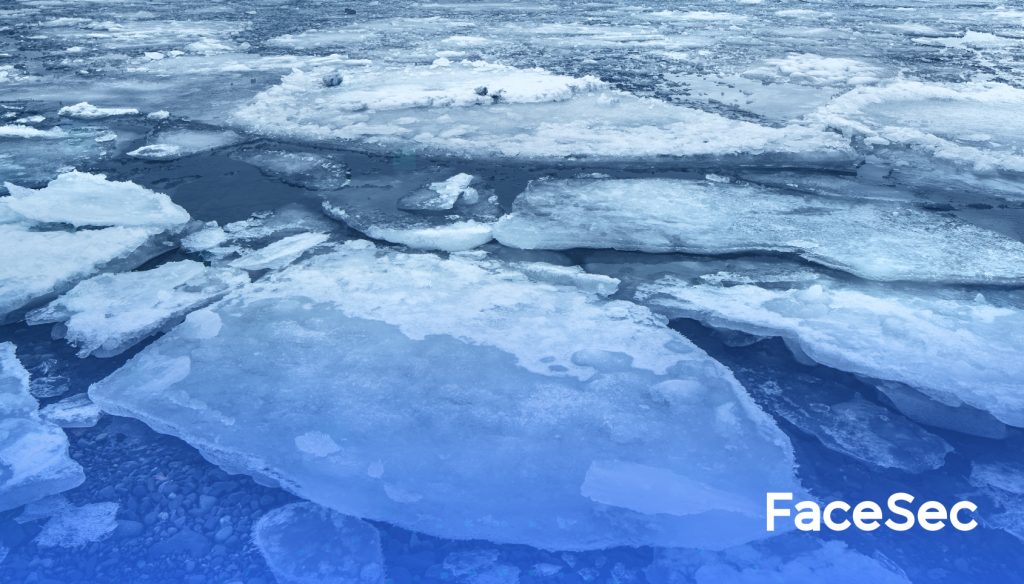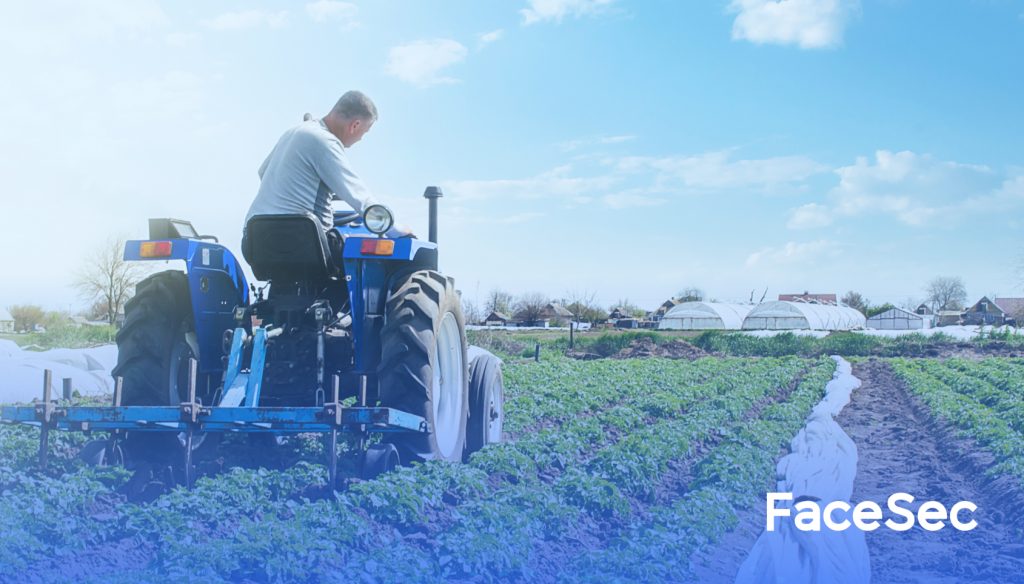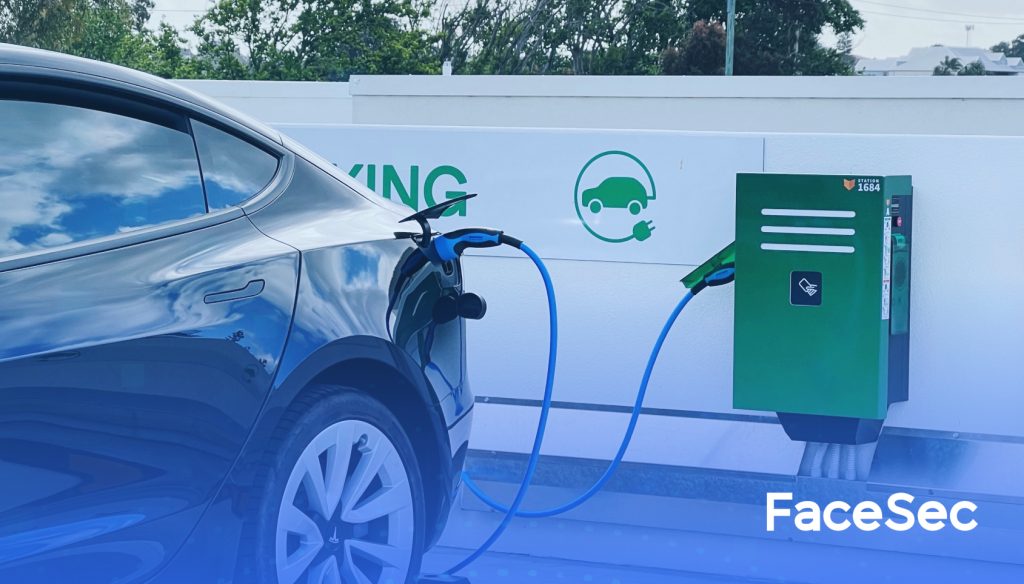Advancing to the future has been met with many challenges in different sectors such as health, climate, agriculture, and transport. Now, we must look into 17 Sustainable Development Goals (SDGs) that are meant to resolve these issues. But it is especially difficult to achieve the target SDGs by 2030 with the ongoing health crisis due to the COVID-19 pandemic.
The pandemic tested the bounds of healthcare technology in producing an effective cure in the form of vaccines. Within a year, the global scientific community was able to accelerate vaccine development and level-up patient care using Artificial Intelligence. Moderna, a US-based vaccine manufacturer, was able to use AI algorithms and robotic automation to produce 30 to 1000 mRNAs per month. A.I. has also been used to develop the mRNA sequence design which has the potential to minimize the risks of future diseases. Moreover, A.I. has also been used in disease screening for cancer and malaria.

A.I. is also crucial in understanding the effects of climate change (SDG13). In the UK, the Alan Turing Institute uses machine learning to study the complex interaction between the climate and Arctic sea ice. As issues in climate change increase, there is also the matter of the expanding global population attributed to it.

It is becoming more difficult to keep up with food demand and production which leads to malnutrition (SDG2) and a significant reduction in natural resources. For this, we look into A.I. in agriculture. Farmers can have better crop yields with the tech to help them enhance crop production, deploy direct machinery to automate tasks and prevent pest infestations. Smart sensing technology has also helped farmers to effectively use fertilizers and successfully reduce environmental damage.

The path to a better world is also made possible by developing sustainable and smart transport systems (SDG13). This innovation will reduce the impact of air pollution and build better real-world and digital infrastructures in cities across the globe. A.I. is used to enhance public transport systems’ efficiency, reduce traffic congestion and pollution, and improve safety. Some examples are using autonomous vehicles, ride-sharing apps, and route planners.

The progress to the future may be slow now but new technology guarantees to propel humanity for the better. How do you think A.I. and technology will change the world in the next few years?